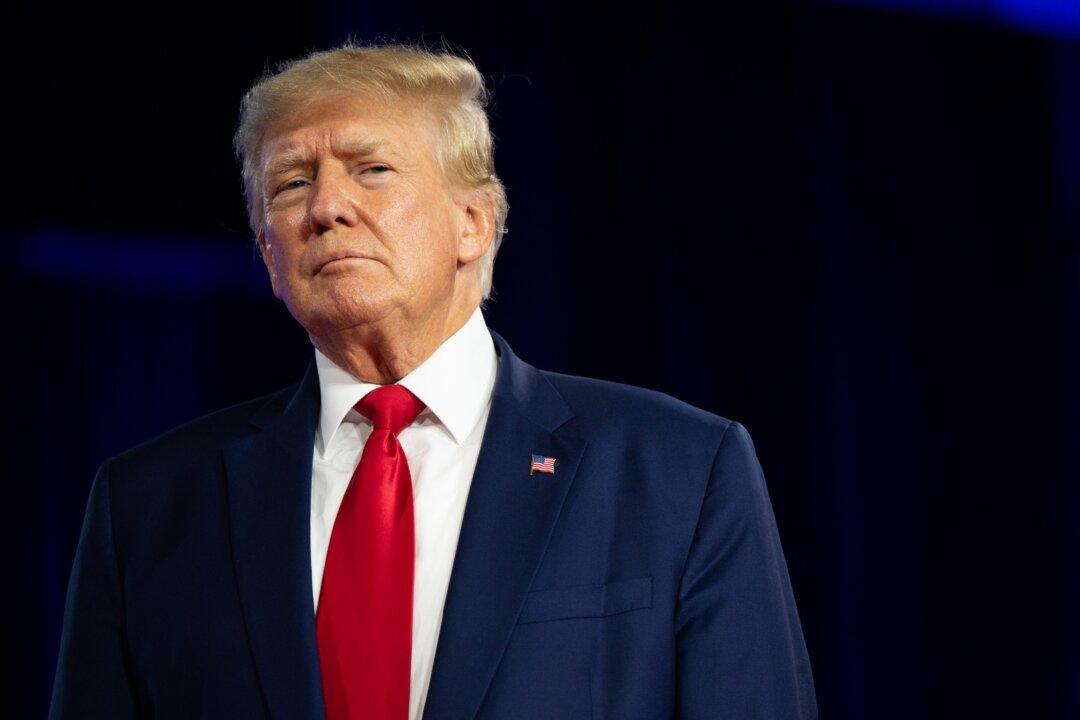The Democrat effort to obtain six years of former President Donald Trump’s tax returns has a legitimate legislative purpose that is not clearly unconstitutional, a federal appeals court ruled on Aug. 9.
Trump and his lawyers have said that the request, from Rep. Richard Neal (D-Mass.), exceeds the investigative powers of Congress. The appeals court panel found that the request “articulates a clear legislative purpose on a matter which legislation could be had,” the Presidential Audit Program, as well as possible legislation that would help IRS workers conducting the presidential audits.





